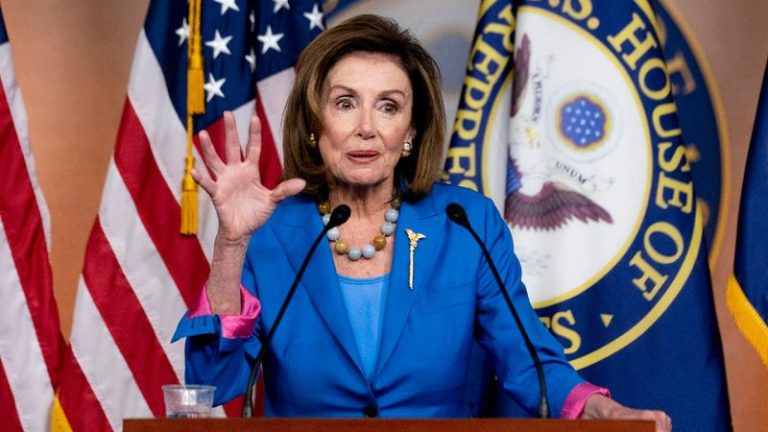When the House votes Friday on a giant $1.7 trillion spending bill, most members of the House might not even be in the Capitol.
Nearly 230 members of the U.S. House of Representatives have filed letters allowing them to be away from the Capitol today and vote by proxy on a $1.7 trillion government funding bill.
According to the clerk of the House, 227 members – more than half of the House – have active proxy letters. Under rules allowed by House Speaker Nancy Pelosi, D-Calilf., lawmakers can cite the ongoing public health emergency related to the COVID-19 pandemic as the reason for their inability to vote in person.
Overall, more than 130 Democrats and more than 90 Republicans have proxy letters on file ahead of Friday’s vote. The list includes incoming House Democratic Leader Hakeem Jeffries, D-N.Y., and current Democratic Caucus Vice Chair Pete Aguilar of California.
Some of the Republicans with active proxy letters are retiring from Congress this year, including Reps. Bob Gibbs of Ohio and Chris Jacobs of New York.
It is unclear if every member with a proxy letter on file will use the opportunity to avoid voting in person when the House takes up the $1.7 trillion spending bill on Friday. In the past, some lawmakers have opted to vote in person despite being eligible to vote by proxy.
If all 227 eligible lawmakers vote by proxy, however, that a majority of the 435-member House voted without being attendance. The vote is also likely to be the last that utilizes the proxy system.
Republicans, who won control of the House during the midterms, have pledged to end the process. Minority Leader Kevin McCarthy, who is vying to lead the new GOP majority as speaker next Congress, has argued that proxy voting is rife with abuse.
‘The Senate has managed to maintain in-person Floor voting for the entirety of the past two years — with a much older population and a 50-50 makeup, no less,’ said McCarthy, R-Calif. ‘From the get-go, we warned that proxy voting would be misused as a means of convenience rather than as a precaution for health — and it has been, by members of both parties.’

